Pope, GOP collide on climate change
Story highlights
- The Pope will release an encyclical this week on climate change
- Republican presidential hopefuls fall into several different camps on the issue
(CNN)Climate change -- long the subject of a divisive political debate -- is getting a boost of fresh attention heading into the 2016 presidential campaign thanks to an unlikely public figure: the Pope.
The Vatican is set to release Pope Francis' highly anticipated encyclical -- an official document delivering teachings from the Pope -- on the environment and climate change this week. Marking the second such document from the Pope since he assumed the papacy in March 2013, the encyclical is expected to cast the battle against global warming as a moral obligation.
With his famously warm and humble gestures and a vision for a more inclusive Catholic Church, Pope Francis has publicly addressed other sensitive political topics like same-sex marriage, abortion and economic inequality. Environmental advocates are eager to see the head of the Catholic Church lend his enormous stature and influence to their cause.
Democrats are largely united on climate change: They agree that global warming is caused by human activity, and that the government must take urgent action to head off deep, long-term consequences.
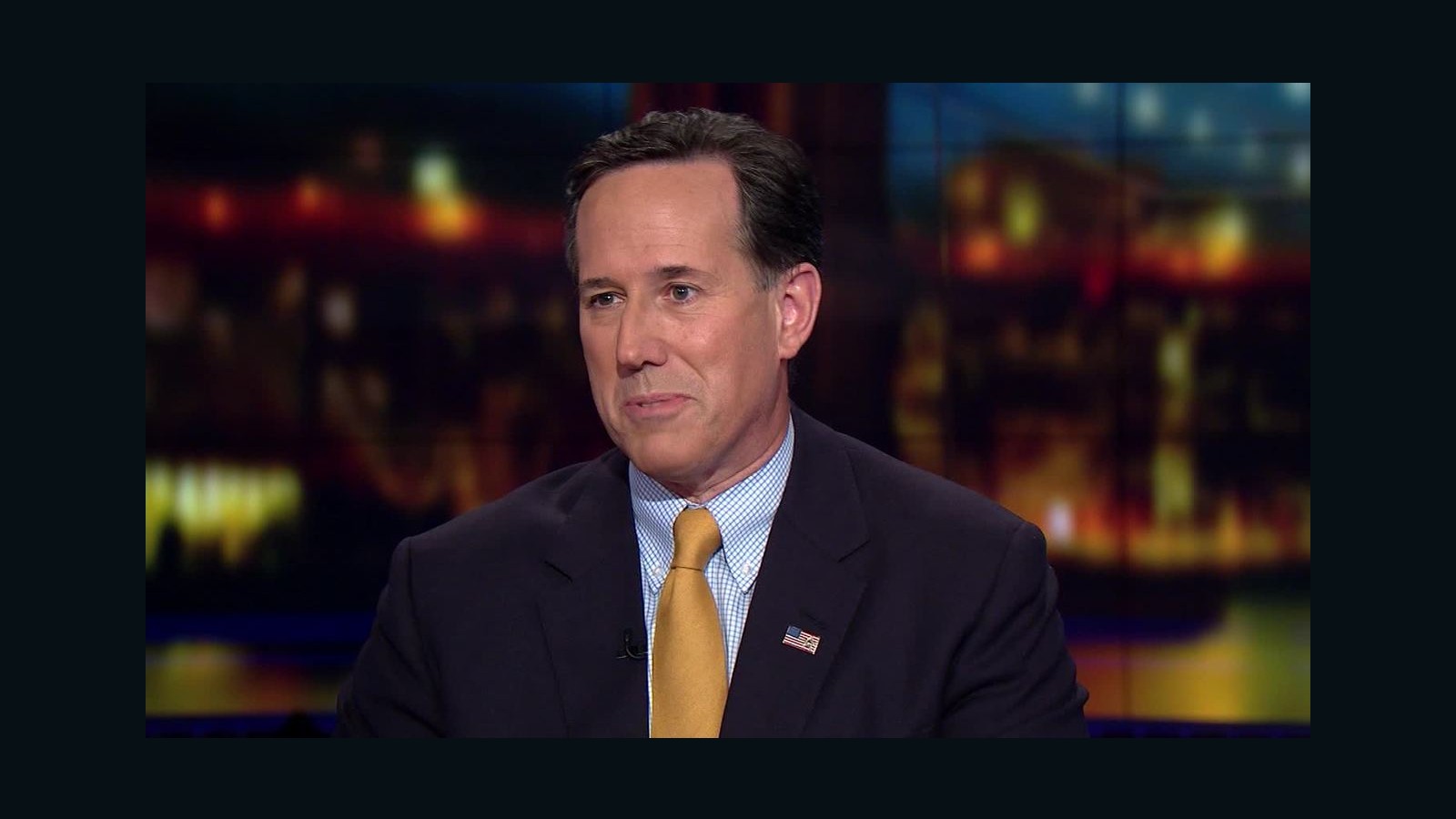
Rick Santorum: 'Clearly the Earth has warmed' 03:26
But the issue is trickier for Republicans. The conservative base is fiercely resistant to government regulation, and the party receives enormous financial support from fossil-fuel companies. Many Republican elected officials have expressed skepticism about climate science; some have said outright they believe global warming is a hoax.
Former Secretary of State Hillary Clinton, the Democratic Party's presumed frontrunner, slammed the GOP candidates for their positions on climate change during her first campaign rally on Saturday.
"Ask many of these candidates about climate change, one of the defining threats of our time, and they'll say: 'I'm not a scientist,'" Clinton said. "Well, then, why don't they start listening to those who are?"
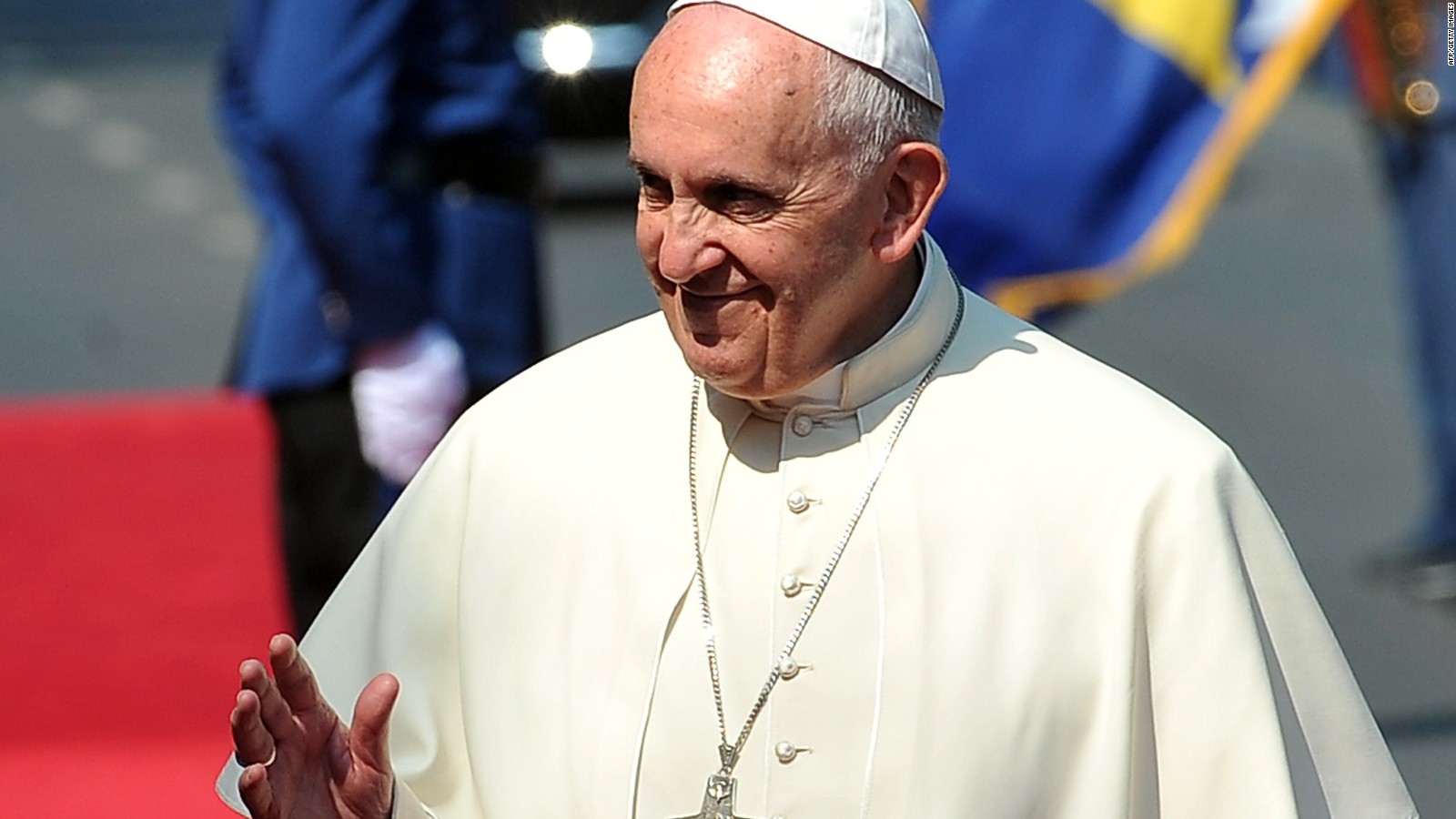
Voters typically don't point to climate change as their most pressing concern. But over the last few election cycles, climate change -- similar to the issue of same-sex marriage -- has emerged at the center of a significant generational divide.
While issues like the economy and national security easily trump the environment in national polls, for some swing voters such as Hispanics and independents, climate change is a key indicator of whether a candidate is in the political mainstream.
The stakes are high for both sides: Environmentalists say the outcome of the next White House campaign will determine whether President Barack Obama's environmental policies can be preserved. Critics of environmental regulations, some of whom deny that global warming is a provable phenomenon, argue the administration's green agenda threatens to stymie economic growth.
"The 2016 presidential election will determine whether we continue on the path of reducing carbon pollution, working with other countries to get them to reduce their pollution, investing in clean energy -- or undoing all of those things," said Daniel Weiss of the League of Conservation Voters, a liberal group that mainly supports Democratic candidates.
So far, the 2016 presidential candidates fall into a few broad groups when it comes to climate:
"What global warming?"
Texas Sen. Ted Cruz, one of many candidates vying for the Republican nomination for president in 2016, represents a faction of the GOP that's skeptical that global warming is a real phenomenon.
"The satellite data demonstrate that there has been no significant warming whatsoever for 17 years," Cruz said earlier this year, making the case that the "global warming alarmists" don't base their claims on facts.
Within the GOP base, this is not an uncommon view.
The Pew Research Center, which has surveyed public views on climate change for years, found in August that 43% of Republican and Republican-leaning U.S. adults believe there is "no solid evidence" that the Earth is getting warmer. The majority of people across the political spectrum, however — around seven in 10 adults — say they believe there's solid evidence of global warming.
"Republicans as a group are less convinced that the Earth is warming and where they see warming, they're more likely to think it's based on natural patterns relative to their Democratic counterparts," said Cary Funk, associate director for research at Pew.
Other candidates, like Kentucky Sen. Rand Paul and former Pennsylvania Sen. Rick Santorum, have also expressed serious skepticism about the theory of global warming. "Someone is an ignoramus who would say, 'Oh, we've had three hurricanes this year, this proves that somehow the climate is warming,'" Paul said last year.
Santorum, who landed in hot water for criticizing the Pope for weighing in on climate change, said this month that he's disturbed by scientists who say the debate is "settled."
"All the predictions that were made 15 years ago, none of them have come true," Santorum saidon Fox News. "So all of this certainty -- this is what bothers me about this debate."
"Yes, the Earth is getting warmer -- but we don't know if it's all man-made"
The majority of 2016 GOP presidential aspirants fall somewhere in the murky middle when it comes to climate change.
They acknowledge that climate change is a real and likely problematic development. But they're also hesitant to put the blame squarely on the shoulders of humans and their pollution-creating activities like coal-burning.
"I don't think the science is clear of what percentage is man-made and what percentage is natural. It's convoluted," former Florida Gov. Jeb Bush, who is expected to launch his White House bid on Monday, said last month in New Hampshire.
Fellow Floridian and declared presidential candidate Marco Rubio has followed a similar tack: "Humans are not responsible for climate change in the way some of these people out there are trying to make us believe," the senator recently said on CBS.
New Jersey Gov. Chris Christie has also said global warming is "real" and that he believes human activity is a contributor to the phenomenon, though to what degree is up for debate.
It's a tricky balancing act for GOP candidates, who have to contend with the reality that swing voters like independents, millennials and Hispanics tend to be more concerned about the threat of climate change.
According to Pew's August survey, 44% of independents see global climate change as a major threat to the country (compared to 25% of Republicans); 70% of Hispanics believe the Earth is getting warmer because of human activity (compared to 56% of African-Americans and 44% of whites); and adults 18 to 29 years old are most likely to say global warming is man-made.
"The GOP needs an environmental policy"
Former New York Gov. George Pataki, a longshot candidate for the GOP nomination for president and an environmentalist, is the favorite within the GOP field among environmental advocates.
Meanwhile, South Carolina Sen. Lindsey Graham, seeking the presidential nomination for the first time this cycle, is also trying to push his party on climate change. His message: Climate change is real, it is a man-made problem and the GOP needs a comprehensive plan to tackle it.
Graham said in an interview with CNN's Dana Bash this month that the GOP must both be the party of an energy policy — pursuing resources like oil, coal and natural gas — as well as environmental solutions.
"What is the environmental policy of the Republican Party? When I ask that question, I get a blank stare," Graham said. "If I'm president of the United States, we're going to address climate change and CO2 emissions in a business-friendly way."
Mike McKenna, a Republican strategist and energy lobbyist, said positions on climate change serve as a "signal" to voters.
"When Lindsey Graham said ... that climate change is real and when I'm president we're going to do something about it, that goes after the moderate votes in the Republican primary," McKenna said. "He wants to be the moderate standard bearer."
The Democrats
Environmentalists hope that if Democrats keep the White House next year, the next president will preserve and further promote Obama's work to reduce carbon pollution and address global climate change.
Clinton has not yet delved deeply into policy proposals, but her campaign has billed climate change a priority for the former secretary of state.
Former Maryland Gov. Martin O'Malley, Vermont Sen. Bernie Sanders and former Rhode Island Gov. Lincoln Chafee, all seeking the party's nomination for president, addressed climate change in their respective campaign launch speeches.
"The announced Democratic candidates -- Chafee, O'Malley, Clinton and Sanders — all have exhibited very strong climate leadership in their various positions," said Weiss of the League of Conservation Voters.








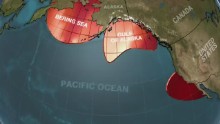



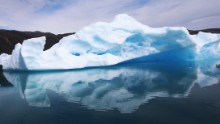
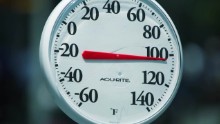
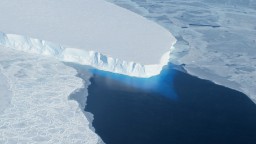
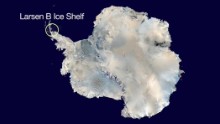
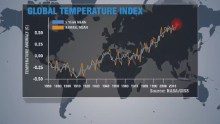
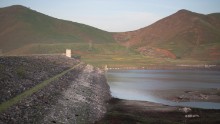






Comments